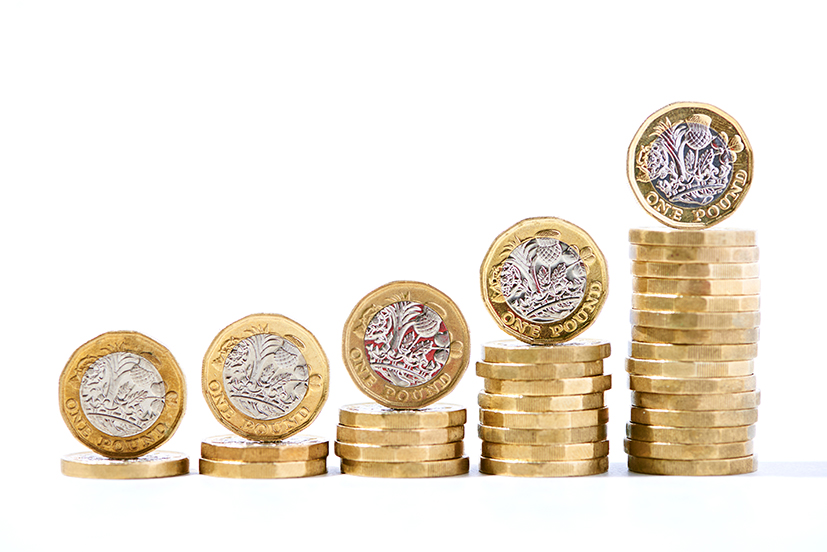New provisional figures show that the tax collected by HMRC in 23-24 reached £827.7bn, almost 5% higher than the previous year.
The combined effects of inflation and fiscal drag contributed to income tax, CGT and national insurance contributions rising by £23.7bn during the year to a total of £466.5bn, a 5.4% rise over the previous year.
Income tax receipts jumped 10% year-on-year to reach £273.3bn in 2023/24.
PAYE income tax receipts grew by 11.4% year-on-year while receipts from income tax collected via self-assessment declined slightly by 1% year-on-year.
However, employee NICs fell during the year to £60.9bn from £65bn last year, a decline of 6%. This reflects the cuts introduced in November 2022, as well the further reduction in January 2024.
Business taxes and VAT also rose by £10.3bn and £9.5bn respectively, with corporation tax receipts rising by 11.6% year-on-year, reflecting the rise in the main rate of corporation tax which increased to 25% on 1 April 2023.
The highest increases in percentage terms came from air passenger duty which rose 21% to £3.8bn during the year to the end of March. This reflects changes to the APD duty rate structure introduced in April 2023 and the continued bounceback in air travel following the pandemic.
The most significant decline was in stamp taxes which reduced by 22% year-on-year. Stamp Duty Land Tax receipts dropped by 24% to £11.6bn in 23-24.
Inheritance tax receipts rose by 5.8% year-on-year to £7.5bn. IHT receipts have risen steadily since 2019-20 when IHT pulled in £5.1bn.
Paul Falvey, a tax partner from accountancy and business advisory firm BDO, said: “The combined effects of inflation and fiscal drag have played a role in driving up income tax receipts. It’s notable that the rise in receipts has been through PAYE rather than self assessment where receipts actually declined slightly this year.
“This suggests that middle earning employees have borne much of the impact from the freezing of tax thresholds. It may also reflect a small decline in self employment during the period, possibly stemming from IR35 rules which have encouraged employers to put freelancers onto the payroll.
“The decline in Stamp Duty Land Tax receipts during the year indicate the impact of comparatively high interest rates and the resulting decline in home buying by around 17%. Housing transactions in each quarter of 23-24 were down on the previous year. There are some suggestions of further cuts to Stamp Duty before the general election which will be of particular interest to first time buyers.
“Fiscal drag and rising asset values have also played a role in the increase in IHT that we saw during the year. Many families will be exploring options to pass on wealth outside the IHT net.”



